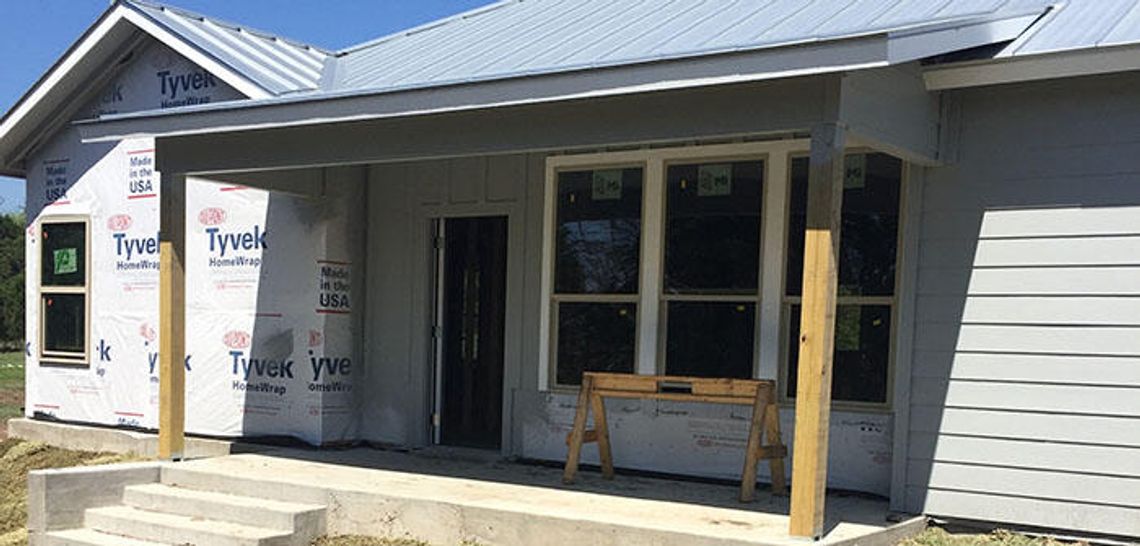[dropcap]E[/dropcap]xpanding to 31 acres was all that was needed for the Burke Center for Youth in Driftwood to continue helping at-risk boys prepare for adult life.
With the addition of two transitional homes, the Burke Center hopes to help boys aged 18 to 22 learn the skills needed to succeed beyond the foster system.
Steve Fournier, executive director at the Burke Center, said the expansion continues the mission of the treatment center, a 501 (c) (3) non-profit that opened in 1975, which helps boys cope with past trauma.
PLEASE LOG IN FOR PREMIUM CONTENT. Our website requires visitors to log in to view the best local news.
Not yet a subscriber? Subscribe today!











